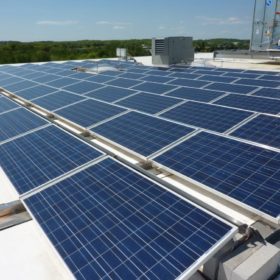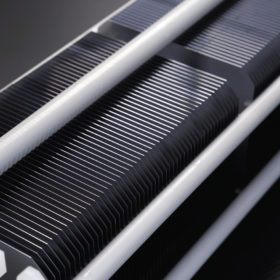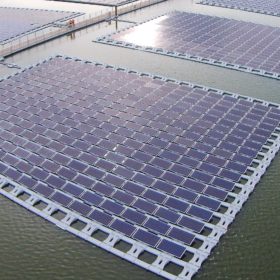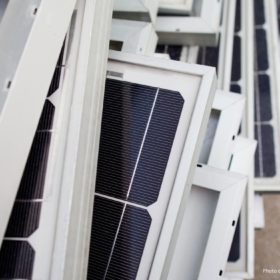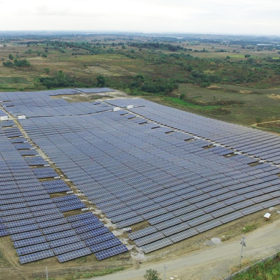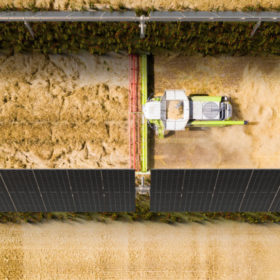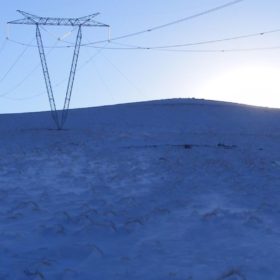SolarEdge to acquire energy analytics specialist Hark Systems
SolarEdge is set to fully acquire Hark Systems, a UK-based smart energy technology firm.
European solar manufacturers need state aid exemptions – now
If Europe is to come up with its own Inflation Reduction Act moment, and incentivize a return of EU solar manufacturing leadership, it must lift state-aid related restrictions on the PV manufacturers who have announced a willingness to build 30 GW of production lines.
EDPR Sunseap testing solar floaters made of recycled plastic
PlasticBean, a manufacturer of recycled plastic pellets, has agreed to work with EDPR Sunseap to use 100% recycled plastic in floating PV solar projects in Indonesia, Singapore and South Korea.
Itochu to start recycling solar modules
Japan’s Itochu has announced a new tie-up with France’s Rosi Solar, which develops tech to recover and recycle high-purity silver, copper and silicon from solar modules.
COP27 was a crucial step forward for hydrogen – here’s why
Three import deals signed by the EU at Sharm El Sheikh during this month’s COP27 summit show the European Union is serious about harnessing green hydrogen for its heavy industry, and about distributing the fruits of the energy transition on an equitable basis.
Turkmenistan to host first large scale solar plants
Turkmenistan’s state power corporation Turkmenenergo and United Arab Emirates Masdar and are currently developing a 100 MW solar plant in Turkmenistan. The new project follows the recent launch of a 10 MW hybrid wind-solar project and will help the country achieve the deployment of its first solar projects.
Japanese consortium launches first warranty scheme for second-life solar
Japan-based Marubeni and Sompo Japan have partnered to provide defect warranties for second-life PV modules. Marubeni will verify the traceability and authenticity of information on the panels using blockchain technology.
Indonesia’s 3.5 GW solar megaproject set sights on green hydrogen
Australian independent power producer ReNu Energy has signed a deal with the developers of a proposed 3.5 GW solar-plus-storage facility in Indonesia to explore the potential large-scale production of green hydrogen for supply into Southeast Asia and beyond.
BayWa, Velux sign Europe’s first agrivoltaics-linked PPA
Germany’s BayWa r.e. and Denmark’s Velux have announced the first agrivoltaic corporate power purchase agreement (PPA) in Europe. BayWa will build two solar parks in Spain to power Velux’s operations, with capacities of 60 MWp and 56 MWp. One of them will partly be an agricultural PV project.
Strategically timed, transnational exchange of solar energy
Argentina and Chile are reactivating the Andes Interconnection Line to facilitate the bidirectional exchange of energy. During the day, Argentina will receive 80 MW of solar from Chile, but it will export back 200 MW of natural gas at night.
